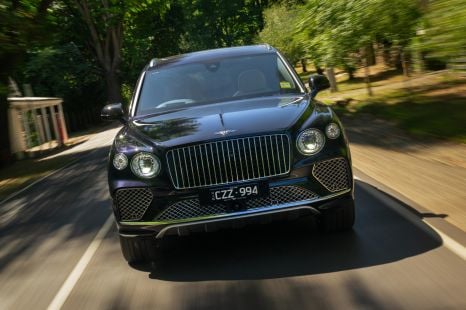

Josh Nevett
2025 Bentley Bentayga review
5 Days Ago
The Volkswagen Group is continuing to realign its vast array of brands across volume and premium channels... plus Porsche.

News Editor
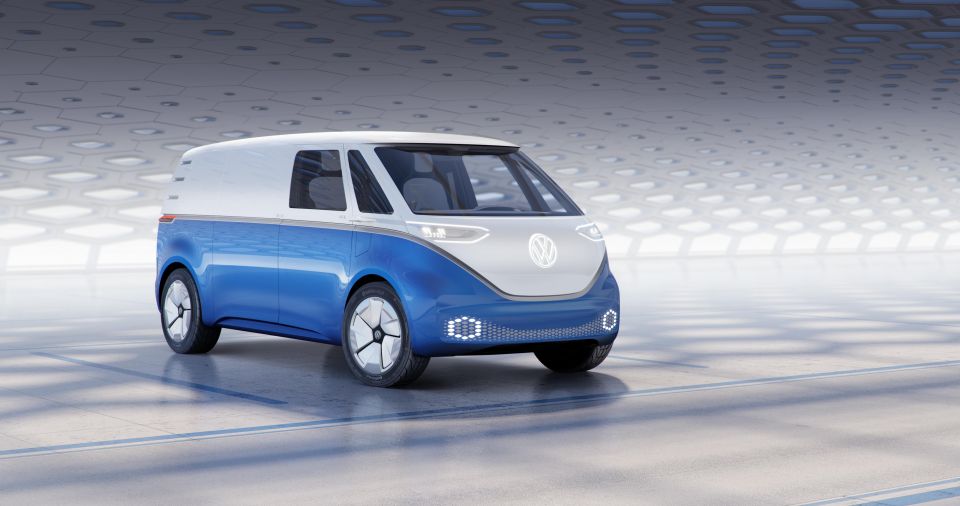

News Editor
Audi is taking on greater responsibility within the Volkswagen Group, while Volkswagen Commercial Vehicles is going recreational.
Volkswagen Group CEO Herbert Diess outlined where each of his company’s brands sit in a speech on the German giant’s New Auto plan.
The Volkswagen brand will continue to lead the volume group, which includes Cupra, Seat and Skoda.
Volkswagen Commercial Vehicles is “evolving more and more into a lifestyle brand” with its California vehicles, and its range will soon include the ID. Buzz, a latter-day electric Kombi of sorts that’s set for launch in 2022.
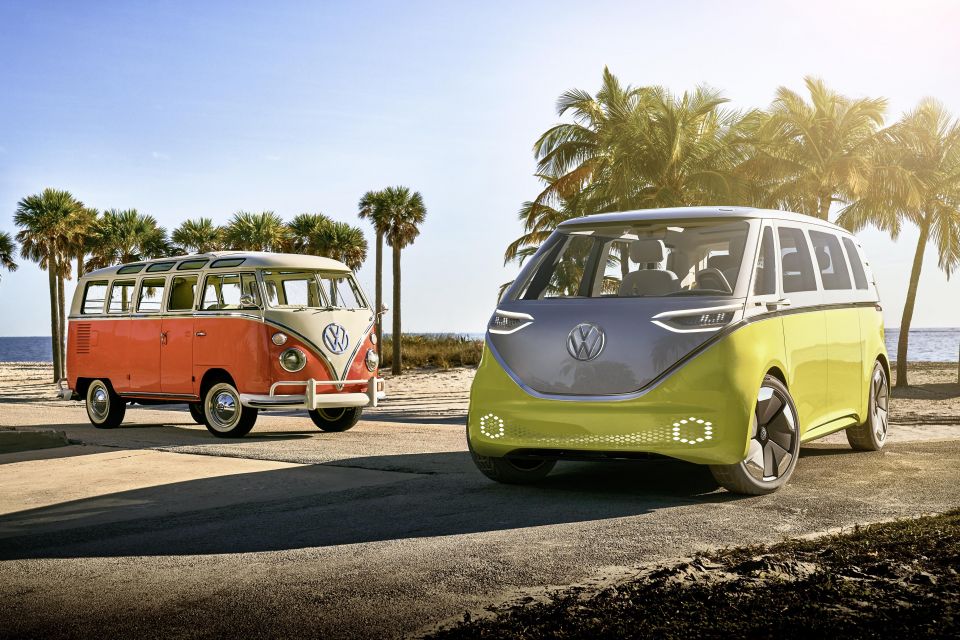
The company will lean heavily on nostalgia while also looking to the future, with a version of the ID. Buzz called the AD set for use as autonomous robo taxis.
Volkswagen Commercial Vehicles will also offer a range of vehicles on Ford platforms, including the upcoming, second-generation Amarok based on the Ford Ranger.
“Commercial vehicles are currently undergoing the most radical transformation of all our brands with a lot of upside potential,” said Mr Diess.
Audi will be given greater responsibility for Bentley, Lamborghini and Ducati in the firm’s premium brand portfolio under Markus Duesmann.
The Ingolstadt brand rejected an offer earlier this year from Quantum Group AG, which offered to buy Lamborghini for €7.5 billion ($11.6 billion).
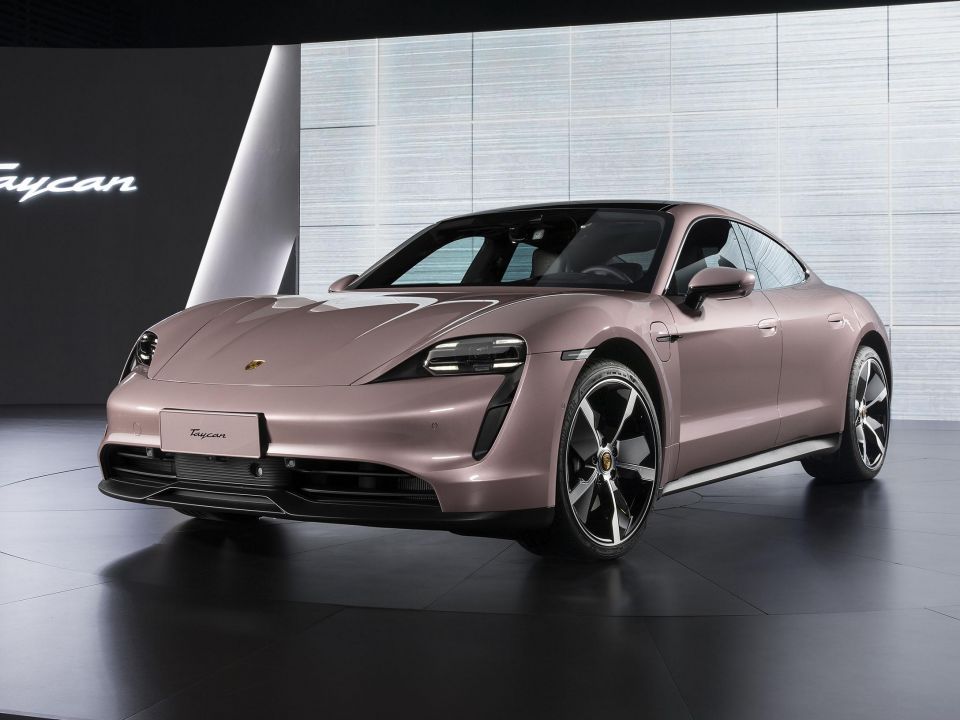
Mr Diess says Porsche “performs in a league of its own” and has always maintained a higher degree of independence within the Group, something that won’t be changing.
It’ll continue to contribute technology, while benefiting from the Volkswagen Group’s scale and manufacturing footprint.
All of Volkswagen Group’s car brands are rolling out electric vehicles as part of a massive investment
The Volkswagen brand will do a staggered phase-out of its internal combustion engine vehicles.
The company’s sales director, Klaus Zellmer, told the Muenchner Merkur newspaper it’ll end sales of internal combustion engine (ICE) vehicles in Europe between 2033 and 2035.
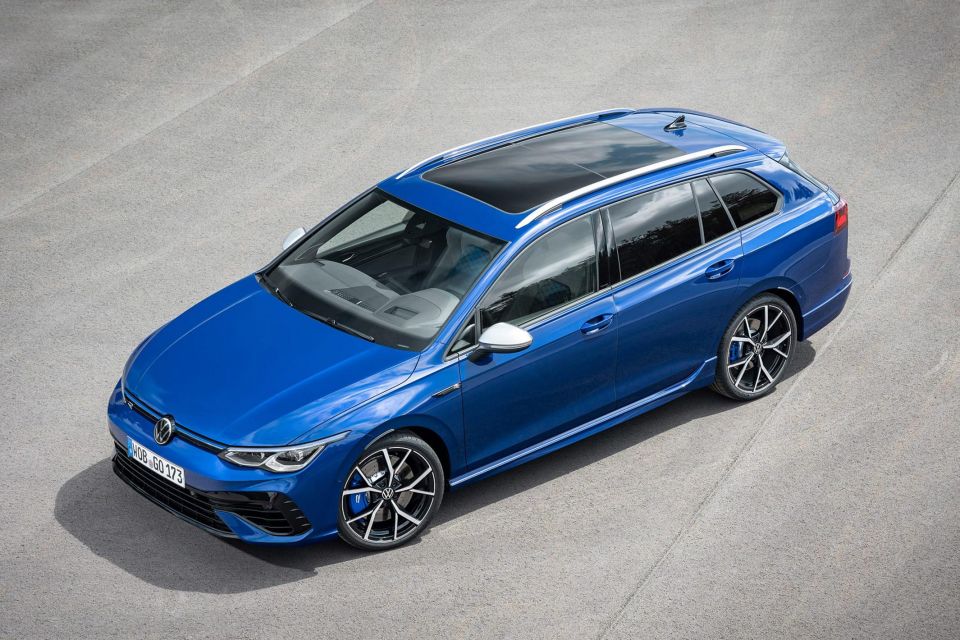
He said ICE sales would end in the US and China “somewhat later”.
Mr Zellmer also specified a third tier of markets, citing only South America and Africa specifically, as taking “a good bit longer” due to “the lack of political and infrastructural framework conditions”.
Though Mr Zellmer didn’t specify where Australia sits, a Volkswagen Group Australia spokesperson said we effectively fit into the third tier.
Within the Group’s premium brands, Bentley will only sell EVs after 2030, while the Audi brand will go all-electric by 2033 except for China. Lamborghini is also set to introduce its first EV in the second half of this decade.
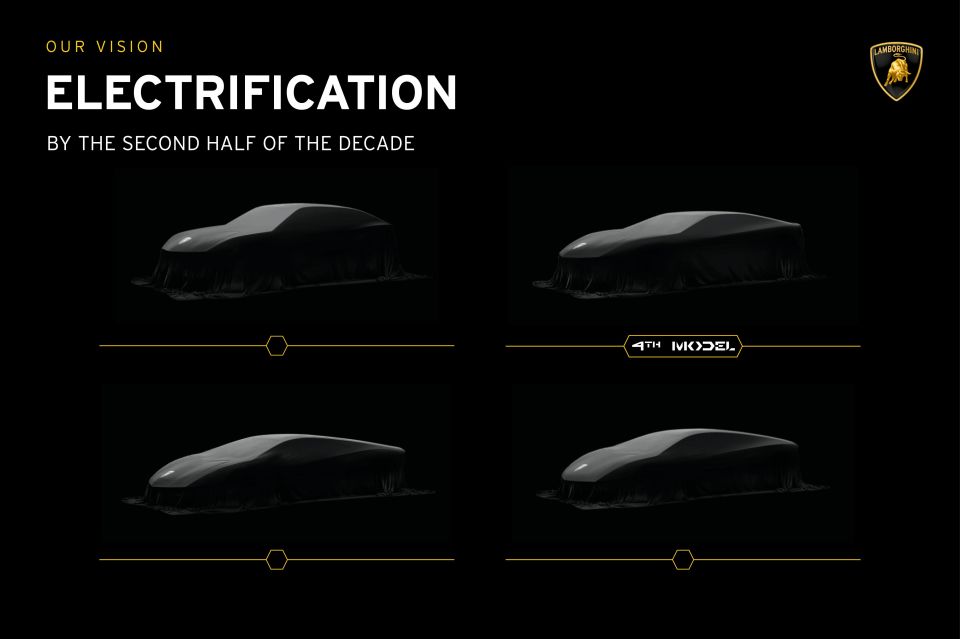
The Group will introduce a new architecture (essentially the bones on which a car is built) – the all-electric Scalable Systems Platform (SSP) – in 2026, which will serve as “one unified architecture for the whole product portfolio”.
This will be the successor of not only today’s MEB and PPE all-electric architectures, but also the MQB, MSB and MLB architectures currently used for internal-combustion engine vehicles.
William Stopford is an automotive journalist based in Brisbane, Australia. William is a Business/Journalism graduate from the Queensland University of Technology who loves to travel, briefly lived in the US, and has a particular interest in the American car industry.


Josh Nevett
5 Days Ago
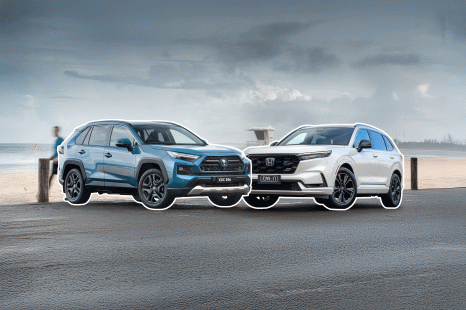

Andrew Maclean
5 Days Ago
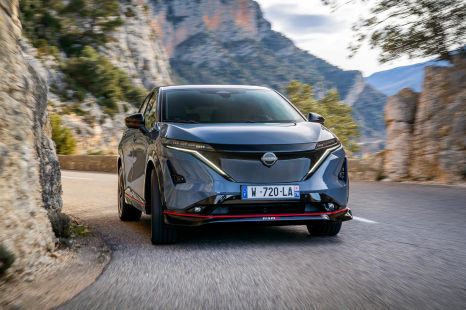
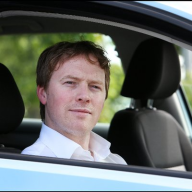
Shane O'Donoghue
4 Days Ago
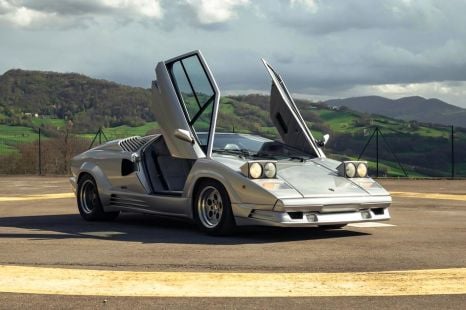

Anthony Crawford
3 Days Ago


Matt Campbell
2 Days Ago


James Wong
1 Day Ago